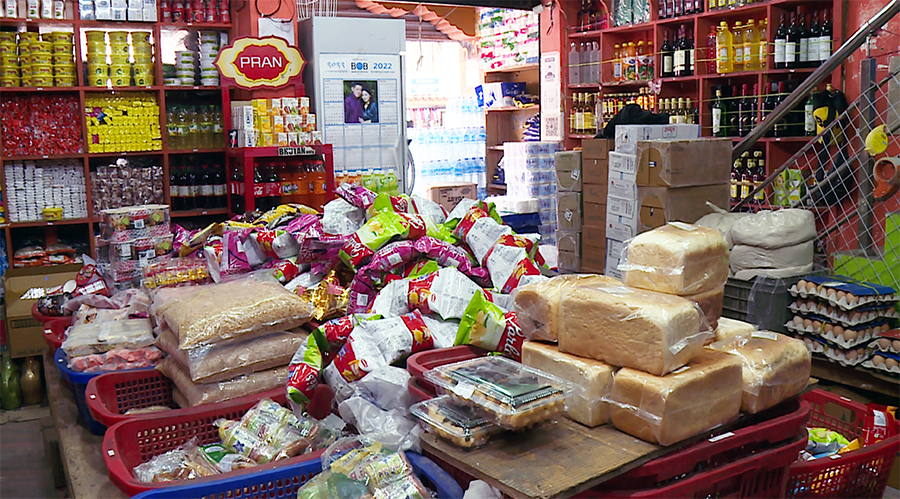
It is becoming increasingly expensive for the average Bhutanese to afford rent, electricity, gas, and other fuels. According to the latest consumer price index for May released by the National Statistics Bureau (NSB), prices for housing and utilities increased by over 10 per cent between May this year and last year. According to the NSB’s monthly consumer price index, prices of goods and services increased by 3.40 per cent during the same period.
The NSB uses a market basket of 113 items with 314 varieties to calculate the country’s inflation rates.
The prices of food items, including alcoholic and non-alcoholic beverages and betel nuts, increased by 3.22 per cent compared to May last year.
Similarly, non-food products such as clothing, transportation, education, and communication also saw an increase of 3.57 per cent during the same period.
Among the non-food products, prices for health, housing and utilities, clothing and footwear, education, and recreation and culture all saw an increase of over five per cent in the past one year.
Meanwhile, during the recent Meet the Press session, the finance minister was questioned about why Bhutan’s inflation rate is lower than India’s, despite the country being highly dependent on imports from India.
According to the finance minister, Namgay Tshering, domestic items in the CPI basket help maintain a lower inflation rate compared to India. The minister added that Bhutan’s inflation rate doesn’t need to be higher than India’s.
“There is no separate formula adopted in any country because there is a standard formula to calculate inflation based on the Consumer Price Index. CPI is not only a measure of price level; it is also a measure of price change over time. Our CPI basket constitutes 54 per cent of imported items and 46 per cent of domestic items.”
Meanwhile, the value of ngultrum continues to depreciate. The purchasing power of ngultrum (PPN) is Nu 58 as of May 2023 compared to December 2012.
This means an item that could be purchased at Nu 58 in December 2012 costs Nu 100 as of May 2023.
The purchasing power of ngultrum decreased by 3.29 per cent in the last one year.
Deki Lhazom
Edited by Sherub Dorji








